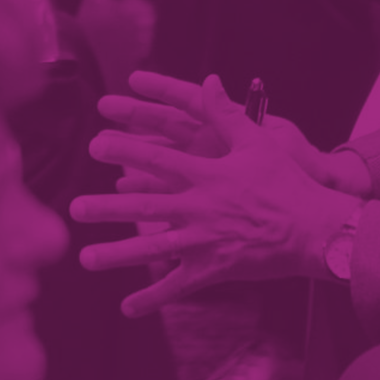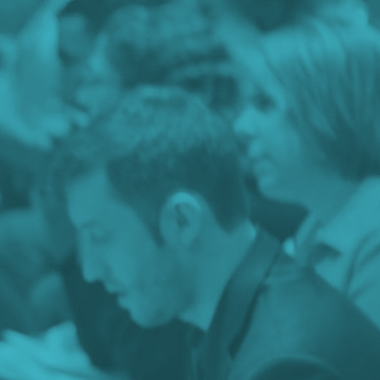Smarter grantmaking. Stronger nonprofits. Better results.
-
Grantmakers for Effective Organizations
-
1310 L Street NW, Suite 650, Washington, DC 20005
-
Phone: (202) 898-1840
-
Fax: -
-
info[at]geofunders.org
- Privacy








